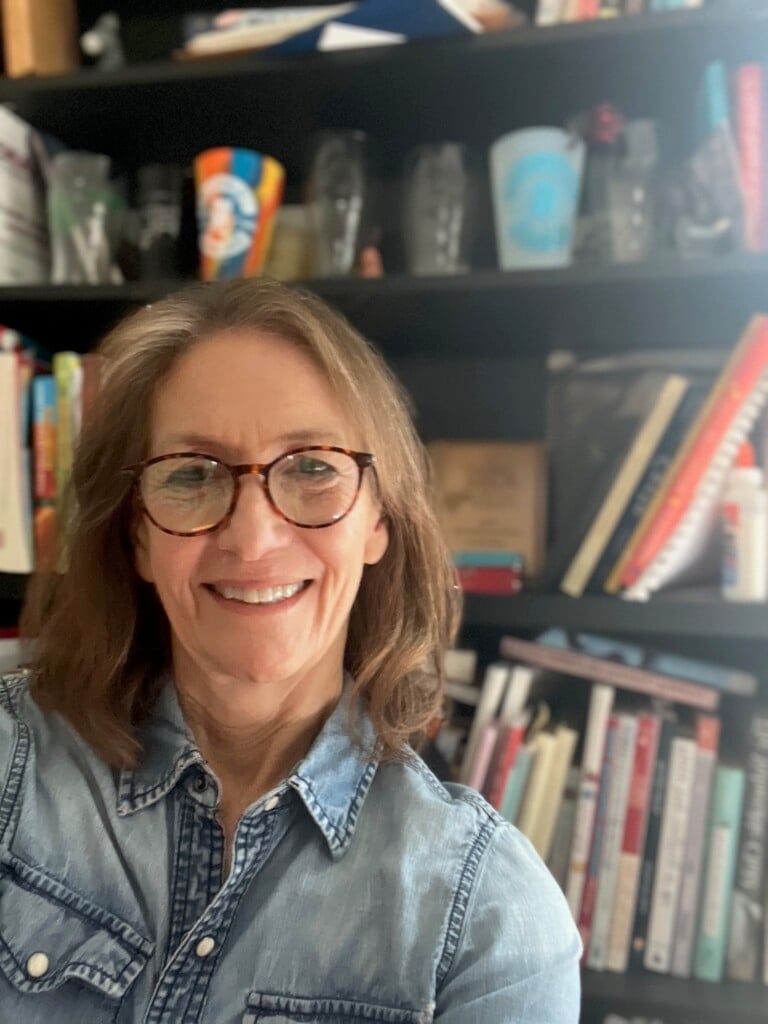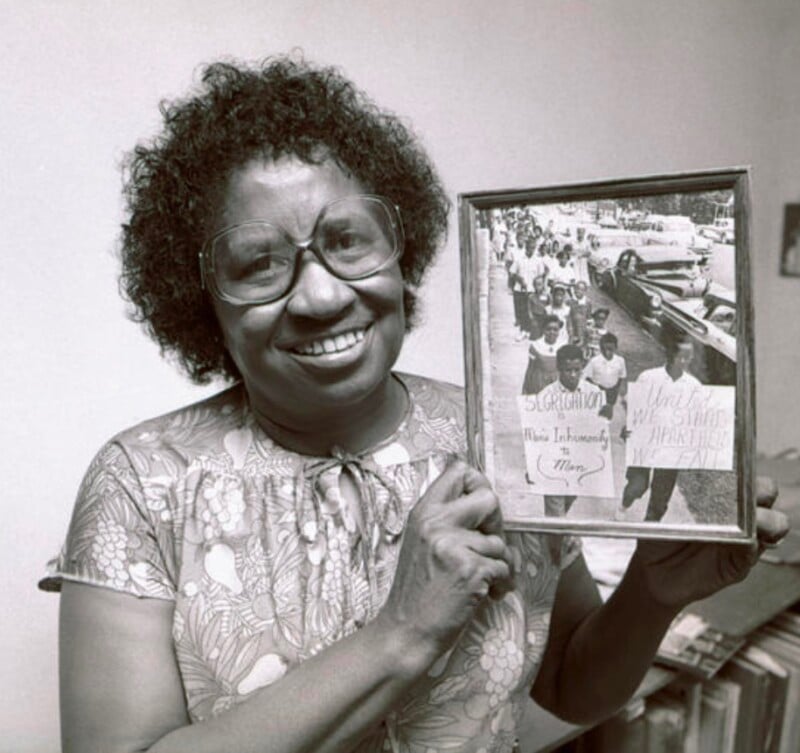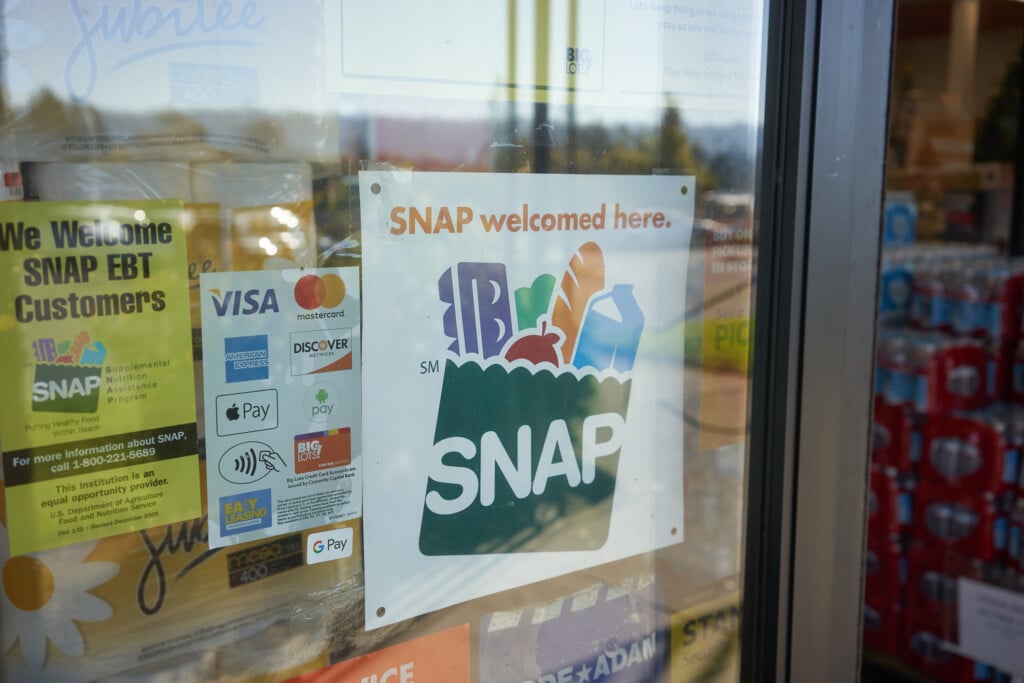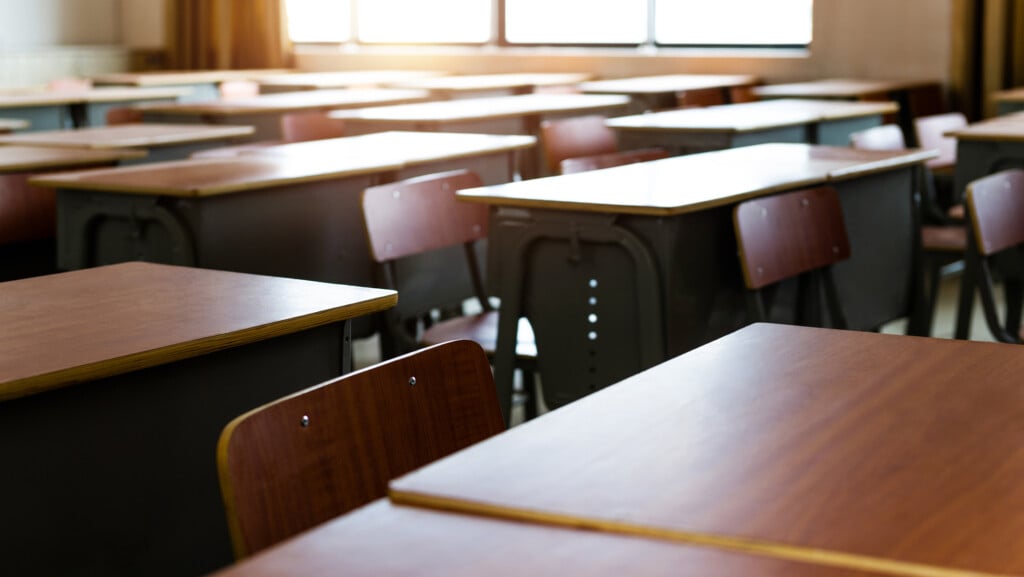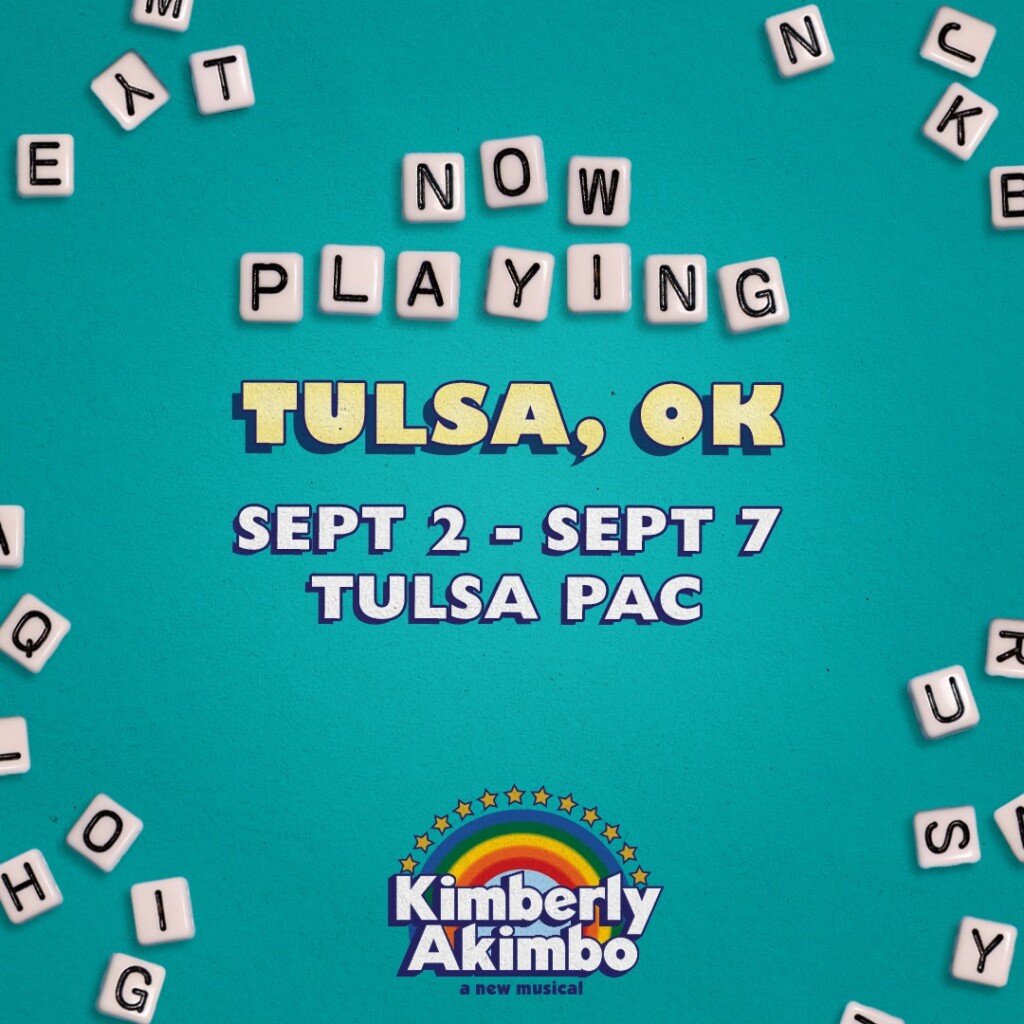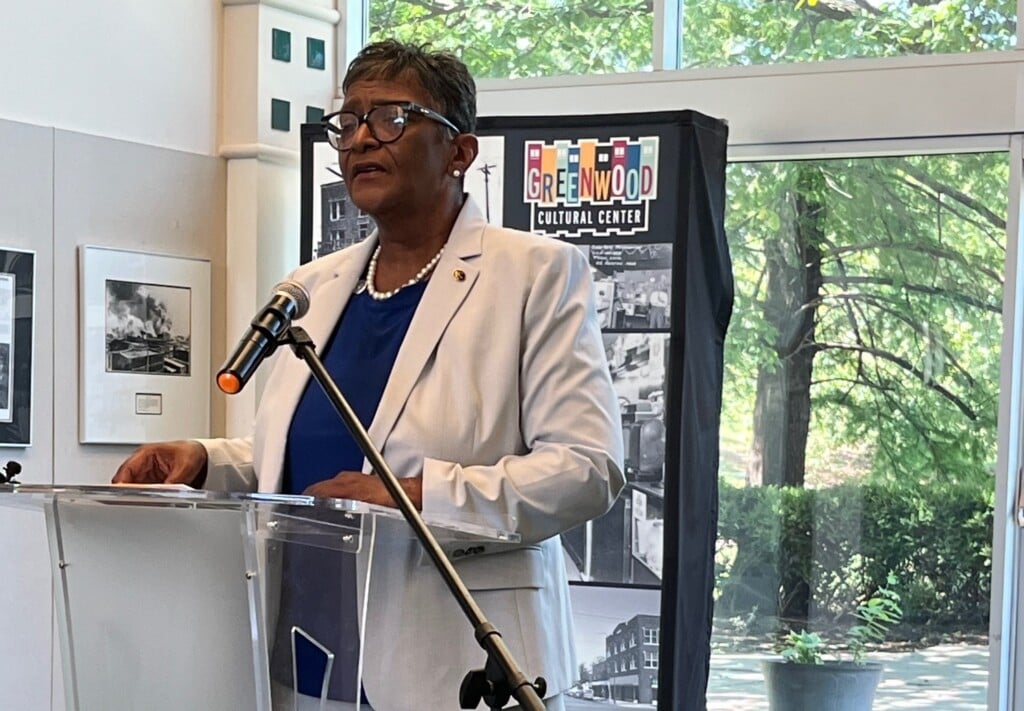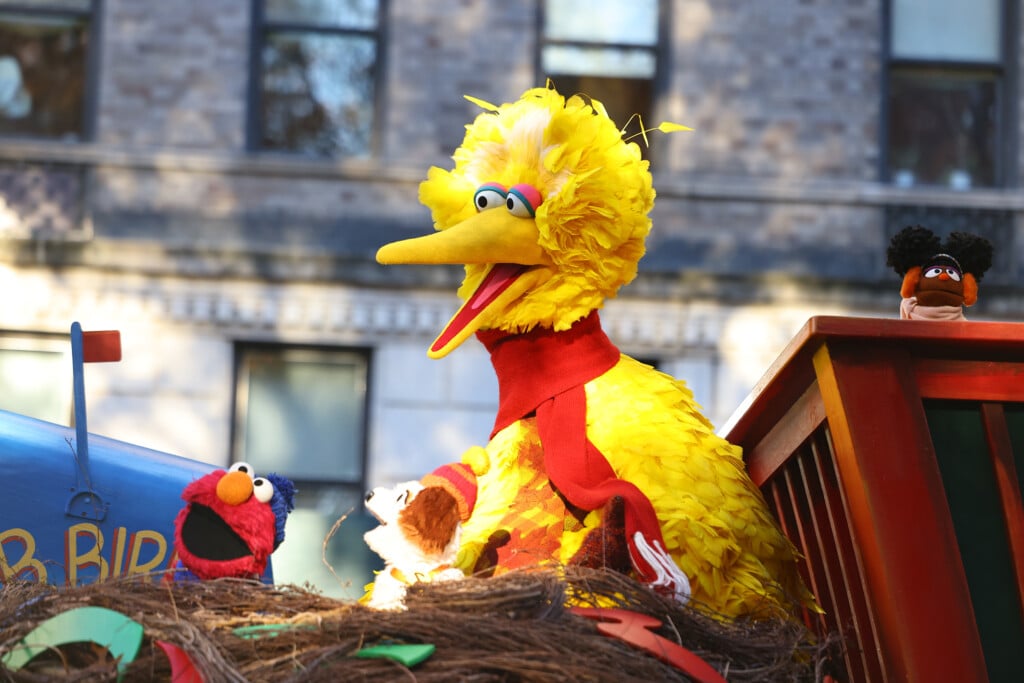“Let Freedom Read” Is the Theme for Banned Books Week 2023
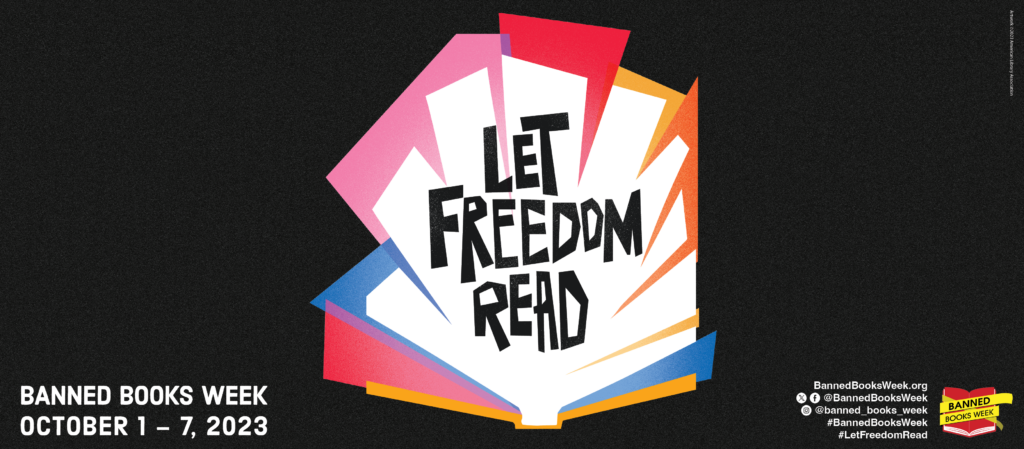
“This is a dangerous time for readers and the public servants who provide access to reading materials. Readers, particularly students, are losing access to critical information, and librarians and teachers are under attack for doing their jobs.”
– Deborah Caldwell-Stone, director of the ALA’s Office for Intellectual Freedom
Is it OK for an ideological movement to restrict what you or I can and cannot read? I say “movement” because the requests for bans are not coming as much from individuals who may have read a book they object to, but by an organized effort of groups and politicians across the country who want to pretend that there is only a white version of history or events, that young people shouldn’t read about real problems, and that LGBTQIA+ people don’t exist – or shouldn’t exist as a normal part of life. (Of the 10 most challenged books, seven have LGBTQIA+ characters or content.)
Trained librarians curate which books should become part of their collections. If a complaint is made, libraries and schools have policies in place to review materials. Many times, books are challenged, carefully reviewed and then remain or are removed. Recently, however, challenged books are often taken off the shelves with no review because librarians or school officials are threatened and bullied. Often those decisions are made for you and me by a single individual or by a small group of people who don’t like the books. As PEN America reports, “97 books challenged at once in October 2022 in Beaufort, South Carolina were immediately pulled from access, pending review. Students are still asking for them to be returned, six months later. In Escambia, Florida, books that were challenged in September 2022 were moved into restricted backrooms. To access books under review, students were required to get parents’ permission to check them out or in some cases, to just look at the books. In Clay County, Florida, by December 2022 of this school year, at least 100 books were pulled from access after being challenged, following complaints by a single person.”
Just Thursday, Oct. 5, in Andover, Kansas, the Andover Public Library received so many threats on its Facebook posts about banned book week that they had to stop posting. Tom Taylor, the library director, said in a report on KAKE News that the library’s only agenda is access. He was sad to give in to the negativity, but his staff had been so stressed about their safety that he also was “somewhat relieved.”
Many young people – maybe you – have read and loved journalist Carl Hiaasen’s books for adults, young adults and middle grade readers. His most recent book, Wrecker, is already being attacked. Many schools have canceled events for the book because a backstory to the plot is the real-life lynching of a man by the KKK in Key West. An event for a series of schools was canceled because someone objected to a minor plot point where one of the characters expresses a pro-vaccine opinion.
I predict that Mr. Hiaasen’s latest release may become his most popular book. What happened in Florida when the state took books off of school shelves, banned books and tried to keep young people from reading? Young people created banned book clubs. The books are more popular than ever.
Rather than denying access, a better approach by parents would be to discuss books that your children and teens are reading with them. That was one of my favorite things to do with my kids – and still is. If your teen is reading The Bluest Eye by Toni Morrison, first, congratulations on their taste in choosing good writing, and, second – read it with them and talk about it.
Access should be what reading it about. We should all have access to anything we want to read. Parents can make the decision for their children about what they can and cannot read. But no one should be making that decision for everyone.
If you want to learn more about banned and challenged books, go to ala.org. This may be the end of banned book week, but it should only be the beginning of fighting for your right to read.
How do you feel about banned books? Which ones have you read?
